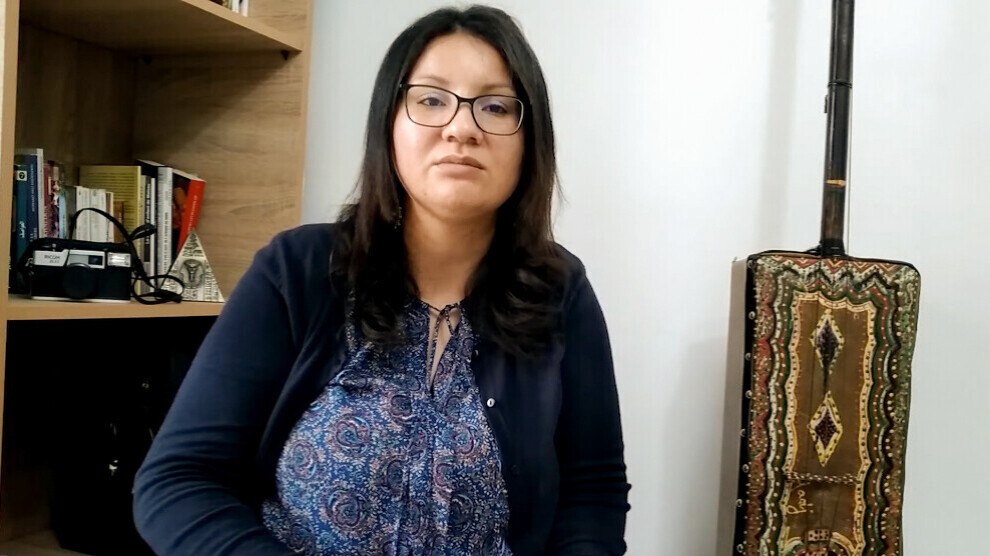Women excluded from decision-making positions in Algeria
Algerian women activists and human rights defenders seek to build a new generation that is aware of rights and freedoms and believes in equality and social justice.

NECWA RAHİM
Algeria - Algerian women waged a great struggle for independence. The Collective of the Families of the Disappeared in Algeria held a-day meeting to discuss women’s participation in armed conflicts, peace processes and post-conflict periods, and politics to shed light on the collective mobilization, struggle and movements of demonstrators.
The meeting was moderated by Nassira Dutour, the head of the Collective of the Families of the Disappeared in Algeria (CFDA), from France. She emphasized many important points about the importance of the role of women in armed conflicts and peace processes.
Speaking about the number of the women, who lost their lives during the Algerian War of Independence, she said, “About 10,000 women lost their lives, 11,000 female fighters and more than 80 women of French nationality participated in the Algerian revolution. During that time, women were subjected to many forms of violence, which are classified as crimes against humanity by Article 7 of the Rome Statute of the International Criminal Court.”
Cherifa Kheddar, the head of Djazairouna (English: Our Algeria), which is an association for victims of terrorism, recalled that women actively participated in the war of independence by joining the National Liberation Front (FLN). “However, their participation was forgotten and they have been excluded from decision-making positions and processes,” she said.
Nedjma Benaziza, the granddaughter of a disappeared person in the 1990s and the vice president of the CFDA, said that there are rarely experiences of women, who are firmly involved in armed struggles and who have been able to prove their existence, and demand equality and justice from a gender perspective. “The exclusion of women from decision-making processes and positions is an obstacle to full recognition of the struggles that they led and continue to lead.”
Algerian feminist Amal Hajjaj also made a speech during the meeting and she stressed the need to recognize the role and status of women in the search for and implementation of just and lasting solutions to conflicts. She pointed out that the Algerian women “participated in many demonstrations and shouted slogans for the liberation of the country to achieve freedoms and rights. They took to the streets in a parade to mark International Women's Day on March 8 1965. The mothers of the forcibly disappeared in the 1990s have struggled tirelessly by launching campaigns and holding demonstrations for several decades to find their children.”
